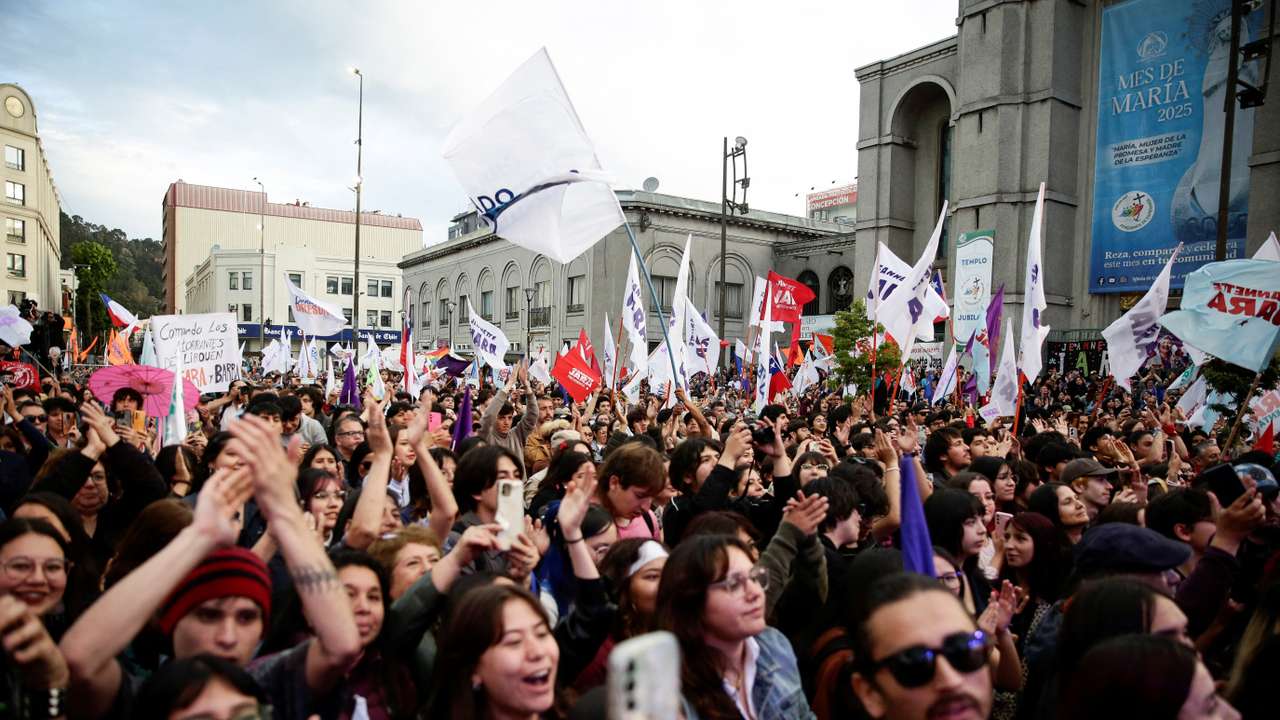Chile prepares for 2025 presidential elections: Key proposals from eight candidates

As Chile approaches its November 2025 presidential elections, voters face a crowded field of eight contenders, each presenting distinct visions for the country’s future.
From economic reforms to environmental policies, the candidates’ platforms reflect the diverse priorities of Chilean society.
José Antonio Kast
Representing the Republican Party, Kast has focused on economic growth and security. He proposes strengthening Chile’s agricultural sector by improving irrigation infrastructure and modernising production technologies. Kast also emphasises public security, advocating for tougher measures against organised crime and reforms to enhance the efficiency of law enforcement.
Jeannette Jara
Representing Unidad por Chile, she prioritises sustainable development and social equity. Her platform includes promoting technologically advanced rural economies, supporting cooperatives, and ensuring that at least 40% of agro-industrial exports are certified for sustainability by 2028. Jara also highlights gender equality, access to quality healthcare, and investment in renewable energy as central goals.
Eduardo Artés
From PC Acción Proletaria, Eduardo Artés advocates for a more state-centric approach. He calls for increased state participation in agriculture and maritime production, transfer of large private landholdings to public ownership, and strong protections for small and medium farmers. Artés advocates for food sovereignty and aims to prohibit the use of harmful agrochemicals unless absolutely necessary.
Harold Mayne-Nicholls
Independent candidate, Harold Mayne-Nicholls, focuses on infrastructure, transparency, and decentralisation. He proposes improved regional development through investments in local infrastructure and education, alongside policies to increase citizen participation in governance and reduce bureaucratic inefficiencies.
Evelyn Matthei
Representing Chile Grande y Unido, she prioritises economic stability and pension reform. Her proposals include measures to attract foreign investment, create jobs, and enhance Chile’s social security system. Matthei also emphasises improvements in public healthcare and education while supporting fiscal responsibility.
Johannes Kaiser
Representing the Libertarian National Party, advocates for free-market policies. He plans to reduce government intervention in the economy, promote private sector-led job creation, and implement tax reforms designed to incentivise entrepreneurship. Kaiser also calls for individual liberties to be protected and for the judicial system to be strengthened.
Franco Parisi
Representing Partido de la Gente, he focuses on economic innovation and digital transformation. His agenda includes modernising public administration through technology, supporting small and medium enterprises, and enhancing the country’s competitiveness in international markets. Parisi also stresses the need for education reform and more efficient public services.
Marco Enríquez-Ominami
Representing the Progressive Party, he champions social inclusion and environmental sustainability. He proposes expanding renewable energy projects, supporting indigenous communities, and implementing social programmes to reduce poverty. Enríquez-Ominami also advocates for electoral reform and stronger protections for workers’ rights.
As Chileans prepare to cast their votes, these eight candidates offer a wide spectrum of policy approaches, reflecting the nation’s complex social, economic, and environmental challenges. The electorate faces a pivotal decision that will shape Chile’s trajectory for years to come.
This story is written and edited by the Global South World team, you can contact us here.